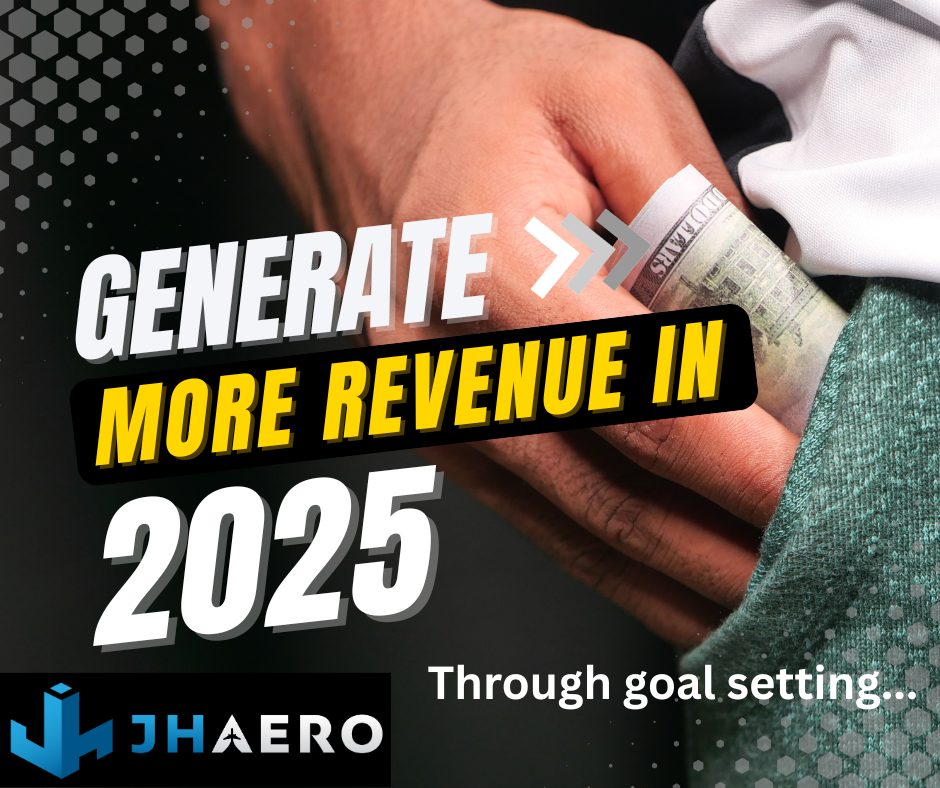By Garry Hojan
Decades ago, I was privileged to have met the late Dr. Steven Covey at one of his workshops. It was right after I had read “The 7 Habits of Highly Effective People.”
Tactic #1 is habit #2 from Dr. Covey, “Begin with the end in mind”
Knowing the end goal when setting revenue goals for the year is important.
I encourage setting revenue goals, or targets, for 10 years, 5 years, 3 years, 1 year, 90 days, monthly, weekly, and finally daily.
Each target is tied to the next, working backward from 10 years. This is the long-term “end in mind” or macroscopic goal, and the daily is the more microscopic view of activities that will roll up into the next time increment and revenue target.
It’s simple: Hit the daily targets, and you should hit the weekly targets. If you hit weekly, you should hit monthly, and so on. You can leave it to chance, but it’s proven that doing so drastically reduces your odds of consistent, planned growth.
Tactic #2 is to use S.M.A.R.T. goals
You may be familiar with the acronym SMART, which also applies to revenue goals. SMART stands for Specific, Measurable, Attainable, Relevant, and Timely. A specific 90-day goal may be to increase revenue this quarter by 15% (tie it to the 1-year target, 3-year target, and so on).
Making the goal measurable may be to monitor each week’s or month’s revenue. The more granularity of time, the more time you have to correct course to meet revenue goals.
You can make your goal attainable, somewhat challenging, but attainable. In this case, we used 15%, in your case, that might be too lofty, or too easy to attain. Don’t set unrealistic goals; it’s counterproductive.
Your revenue goals need to be relevant to your overall business revenue strategy.
Finally, goals need to be timed. In our example from this quarter, we know when to accomplish the goal.
Depending on your business size and structure, goals may be segregated to different roles. For instance, management may include 90-day revenue goals tied to the vision and overall strategy in a larger organization. In contrast, the sales side may consist of daily goals of connections (calls, meetings, sales, etc.) tied to the 90-day management goals.
If you’re a solopreneur, you must set and accomplish all goals. Either way, just be SMART about it.
Tactic #3 is to use your history and pay attention to the market
Please review your past revenue performance and customer activity to identify trends and opportunities. Are there sudden market trends (such as tariffs and market uncertainty) that you need to pay attention to?
Are there new opportunities in your market? What have you done to achieve success in the past?
What about failures and not repeating them? Review your customers’ needs, are they changing?
You asked for three, but here are some additional points:
- You should have a solid action plan for reaching your revenue goals, including strategic initiatives (products and services), marketing, and sales, considering the resources (time, money, personnel) needed to achieve the goals.
- Measurables should include good KPI’s. Good KPI’s give you the critical information you need to see performance instantly.
- Be diligent in monitoring your performance. Track, analyze, adapt, and adjust, also known as PDCA, Plan Do Check Act.
Need help setting and beating your revenue goals? Let’s chat.
Never any sales pressure, a no-charge initial consult, and a simple zero-risk guarantee…you receive higher value over cost, or you don’t pay.
You can email me at ghojan@jhaero.com or call my cell at 208-627-2565.


